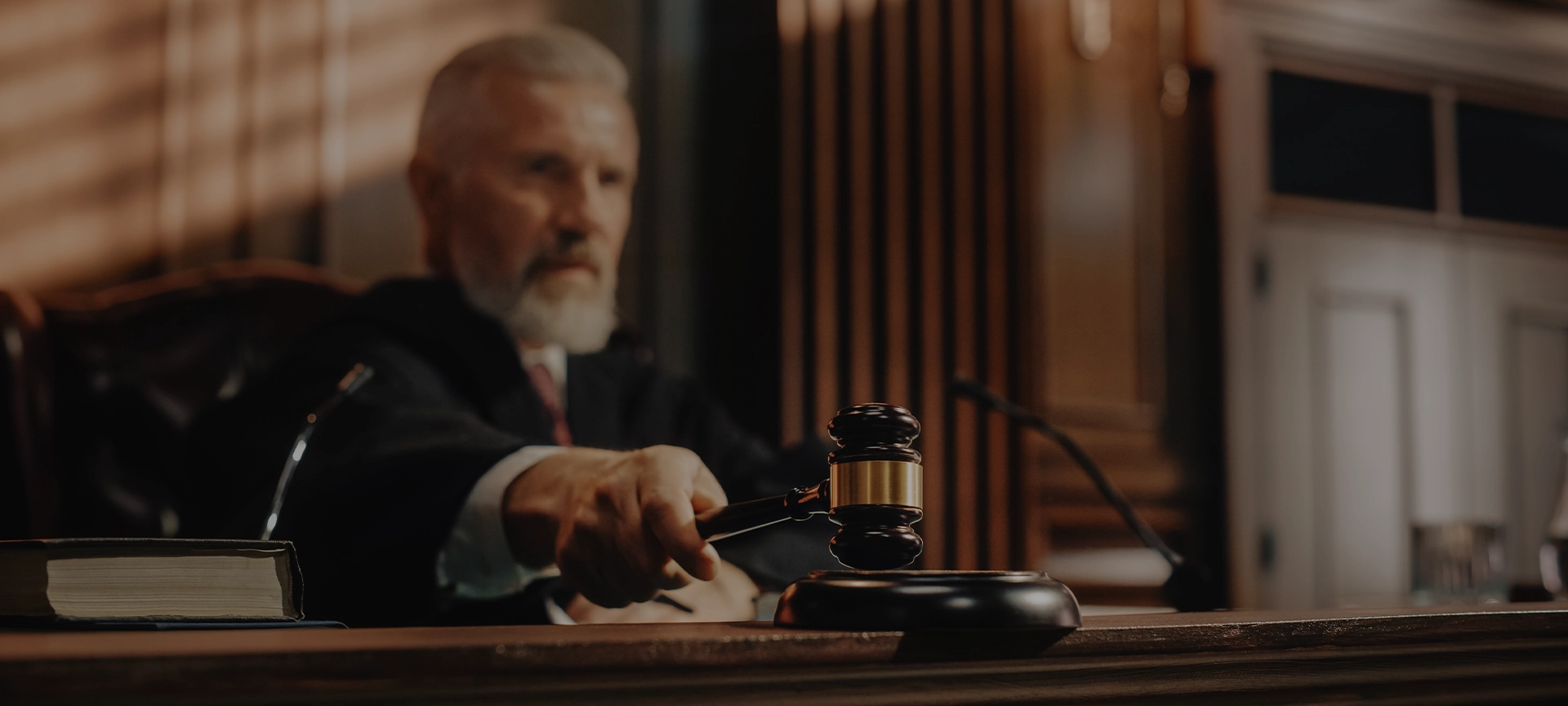Police officers, in the course of their duties, have quite a bit of leeway to lie, deceive, and trick suspects into implicating themselves.
Exactly how far investigators are allowed to go was the question before the Supreme Court of Canada in R. v. Ahmad.
The top court was asked to assess two cases involving undercover officers who’d arranged to buy drugs from ‘dial-a-dope’ operations — where all transactions are organized through cellphones. In both cases, tried together, officers got a tip that a certain cellphone number was being used for trafficking cocaine. In both cases, officers called up the number and arranged to buy a small amount of drugs. After two transactions, the police moved in to arrest the men who arrived to sell the cocaine.
[…]
Moldaver’s test would have allowed for a much more permissive baiting, possibly bordering on random virtue testing. (Although Moldaver does write that investigators would still need “a factually‑grounded basis for their investigation,” which they contend would prohibit any kind of randomized number-dialing or racial profiling.)
Such a test would be hard to enforce, argues Ottawa criminal lawyer Michael Spratt. “Is an anonymous tip enough to satisfy this?” He tweeted. “Sounds dangerous to me.”
[…]
Read Justin Ling’s full piece: CBA National




